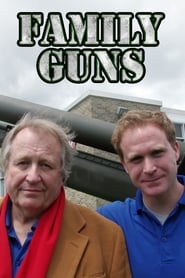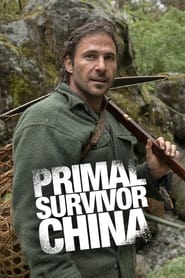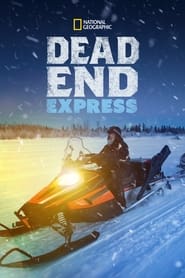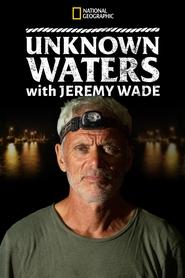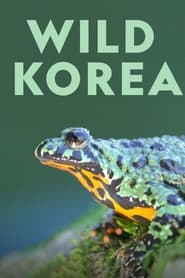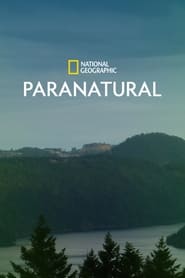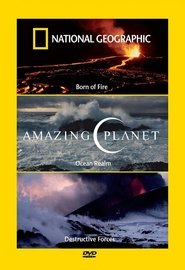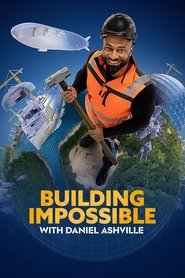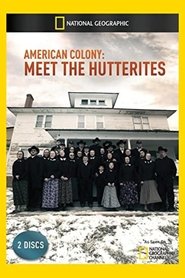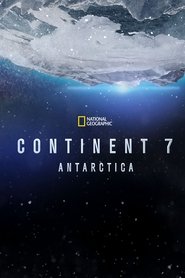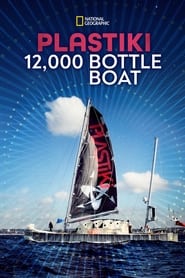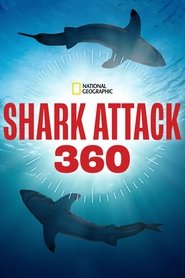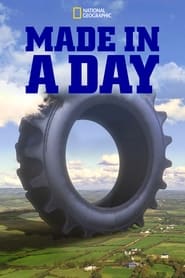National Geographic TV Series - Page 14
-
Family Guns
2012
Family Guns
2012
-
Primal Survivor: China
2018
star 6Hazen Audel is back. In these three special episodes, he will travel to the Heilongjiang and Yunnan Provinces of China. Hazen's travels will be filled with adventure as he battles to land a fish that will take centre stage at a mighty feast, and journeys through a hidden valley to deliver an offering of piece to a rival Dulong clan. -
Dead End Express
2015
star 6Across our country's vast and untamed wildernesses a hardy breed of American still lives a life set apart. They are not just off-the-grid, they are physically cut off from society by Rocky Mountains, roaring rivers and frozen tundra. But however self-sufficient...no man’s an island. Sooner or later, these off-gridders need a life-giving tool - like fuel or bullets - or a life-saving essential - like food or medicine. When they do, they turn to the cast of Dead End Express. By pack horse, dog sled, power boat, snow machine and bush plane this unique group of men risk all to deliver where no one else can or will. Delivering their payload is a matter of life or death, not just for their clients but for them, in their ongoing mission to survive and deliver. -
Surviving Pompeii with Tom Hiddleston
0000
A historical exploration about the eruption of Vesuvius in 79 A.D. and the preserved Roman city it left behind. -
What Would Happen If ...?
2009
Everything you wanted to know about everything. Just ask. Dr. Marty Jopson seeks answers to intriguing questions. -
Unknown Waters with Jeremy Wade
2021
star 8.5Jeremy Wade travels the world’s most remote & unexplored rivers to search for the biggest & strangest creatures in their underwater worlds. -
Wild Korea
2019
star 6In 2018, the eyes of the world turn to Pyeongchang, South Korea, for the Winter Olympics. For thousands of years Korea was known for its staggering natural beauty. Now it is better known for its decades of conflict. But beyond the battle scars and the fortifications there is a land of stunning natural beauty and remarkable wildlife. Lush wetlands and mudflats; soaring mountains and turbulent seas; habitats where the beautiful goshawk, the bottleneck dolphin and the curious raccoon dog thrive alongside Korea’s traditional people as they have for many thousands of years. -
Paranatural
2010
star 8After a series of grisly livestock killings in the mid-90s, reports arose of a mysterious fanged dog-like creature. Could it be the legendary chupacabra, the blood sucking mythical creature of the Americas. -
Dance the World With Derek Hough
0000
Derek Hough, renowned as one of the best dancers of his generation, will be our guide on a journey to discover the roots of the most popular dance styles and trends around the world from the cultures, environments and people who forged them. In each episode, Derek will team up with a celebrity guest to embark on a quest to uncover the global cultural traditions that shape dance. Unleashed and inspired, every step in their adventure will culminate in a once-in-a-lifetime spectacular performance. -
Top Gun: The Next Generation
0000
Follow a group of officers on the Advanced Flight Training Program as they look to become elite strike fighter pilots. -
Continent 7: Antarctica
2016
star 6.1Take a journey to Antarctica to experience the world’s most extreme wilderness, to see the massive undertaking it is to support human life there, and to chronicle the world-changing science being done. Embed with missions on the ice, underneath it, and atop some of its peaks, as scientists and survival experts join forces to fight brutal conditions to help change the world. -
The 12,000 Bottle boat
2011
Follow the extraordinary journey of the Plastiki, a boat built from over 12,000 recycled plastic drinking bottles, as Adventurer David De Rothschild attempts to sail the boat across the Pacific from San Francisco to Sydney. -
Man v. Viral
2015
Man v. Viral
2015
Tim Shaw and Buddy Monroe `supersize' online viral stunts to see how they are achieved. -
Kentucky Justice
2013
Kentucky Justice
2013
Harlan County, Ky., has a history of violence and corruption associated with coal mining, but because that industry in Appalachia is a shell of its former self, law enforcement is dedicating its resources elsewhere. The county has been hit hard by a new kind of crime -- prescription drug dealing -- and it's up to Sheriff Marvin J. Lipfird to get it under control. In the reality-documentary series "Kentucky Justice," Lipfird and his team of deputies target everyone from street-corner dealers to city officials in a quest to clean up communities. -
Killer Shots
2011
Killer Shots
2011
Cameraman Andy Casagrande likes to get up close and personal with his subjects, even if they're some of the most unpredictable animals on the planet performing their most dangerous task: hunting. -
Shark Attack 360
2024
Shark Attack 360
2024
The "Shark Attack 360" team of experts hunt for clues to investigate why sharks bite humans. Hosted by marine biologist Diva Amon, the series seeks to unravel the surprising threads that link each shark encounter. As the evidence mounts, the team analyze the data in their cutting-edge VFX shark lab and face life-size virtual sharks. -
Made in A Day
2020
star 7.3The last decade has seen a revolution in manufacturing. A just in time economy means the products we love are being made on a massive scale in record time. While lightening logistics mean global trade and distribution happens faster than ever. This is the story of how some of today's biggest brands, from Tesla Cars to Gibson Guitars, from Tabasco Sauce to Space Rockets, are made in America.
